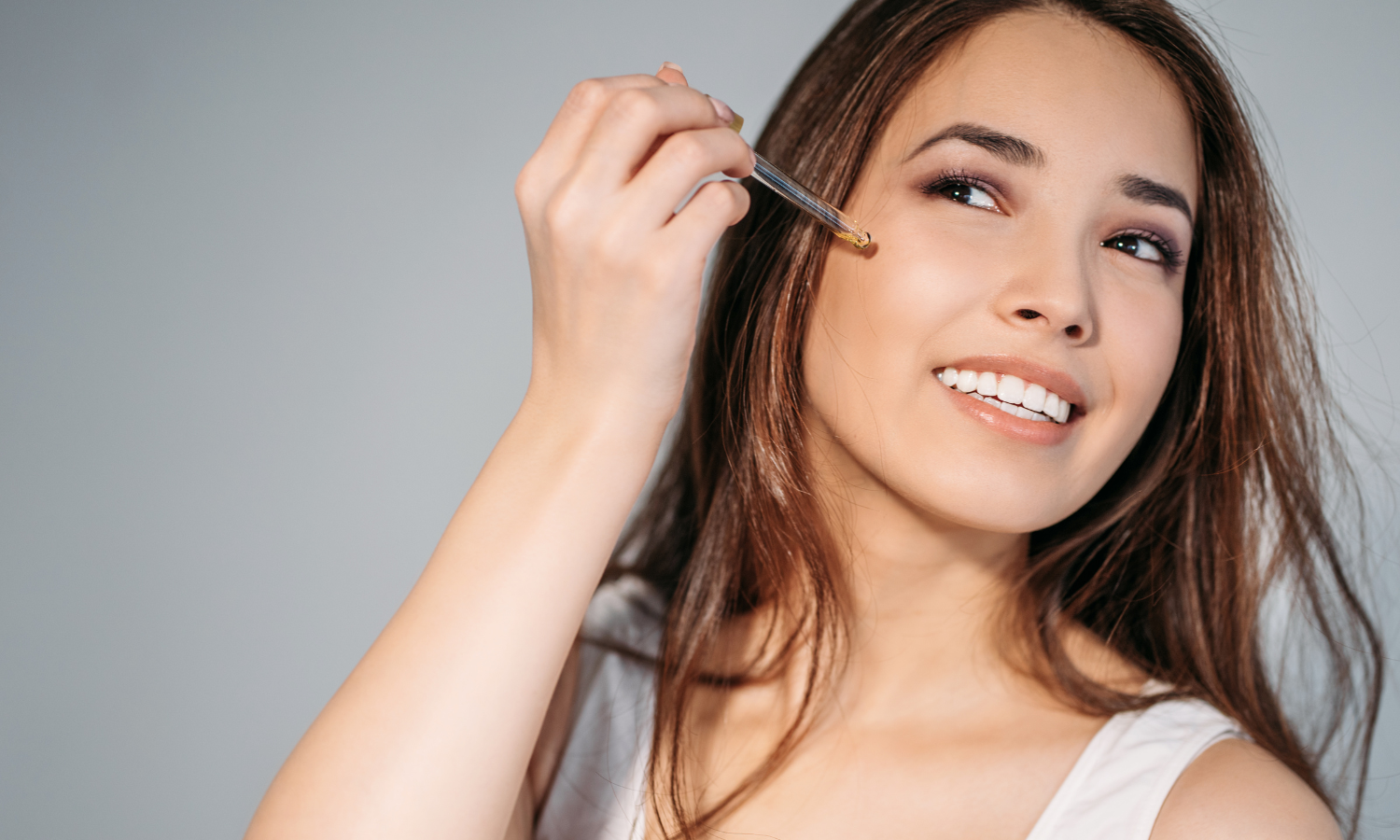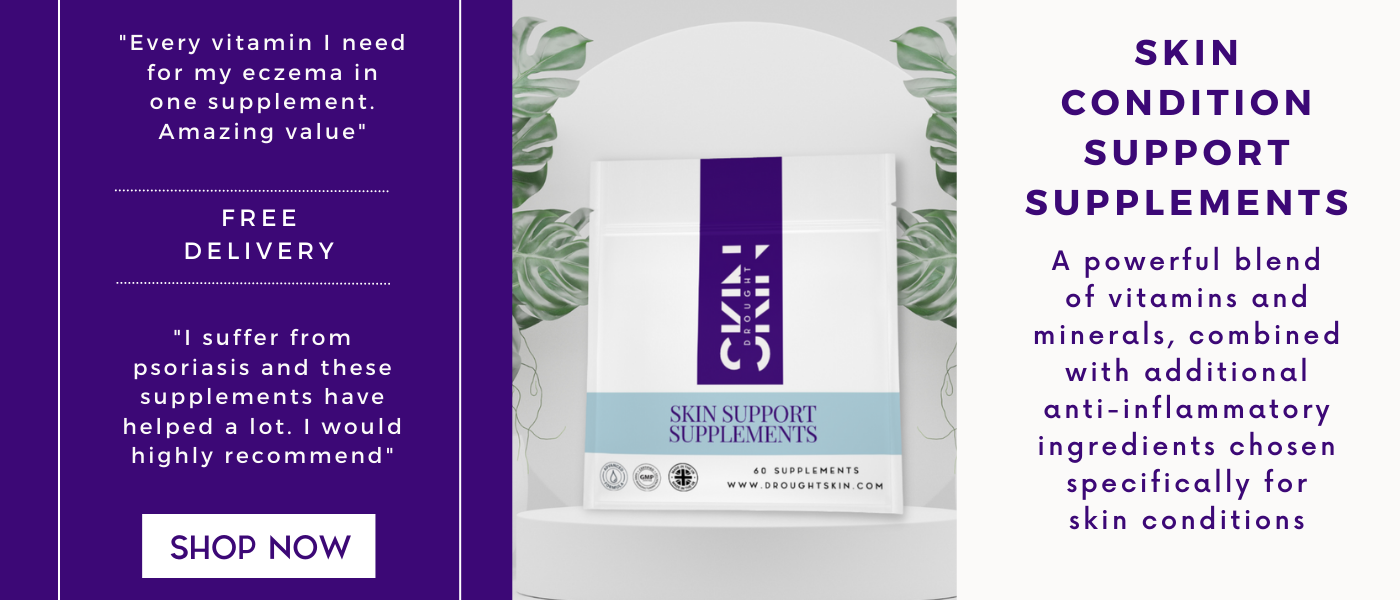The Benefits of Using Serums for Acne Sufferers
If you struggle with acne, you may have tried countless products to no avail. However, serums can be a game-changer for those looking to improve their complexion. In this post, we'll explore the benefits of serums for acne and provide tips for incorporating them into your skincare routine.
What are Serums and How Do They Work for Acne?
Serums are lightweight, fast-absorbing skincare products that contain high concentrations of active ingredients. They differ from creams or moisturiser as they can penetrate deeper into the skin and deliver targeted benefits. For acne-prone skin, serums can help to unclog pores, reduce inflammation, and regulate oil production. They work by delivering active ingredients like salicylic acid, niacinamide, and vitamin C directly to the skin, where they can have the most impact.
Moisturisers work on the outer layer of the skin barrier and offer protection. Serums deliver a higher concentration of ingredients to the deeper layers of the skin. For this reason, for many acne sufferers, they are a must in their skincare routine.
Ingredients to Look for in Acne-Fighting Serums
When choosing a serum for acne-prone skin, it’s important to look for specific ingredients that can help to unclog pores, reduce inflammation, and regulate oil production. Salicylic acid is a popular choice, as it can penetrate deep into the pores to dissolve oil and dead skin cells. Niacinamide is another effective ingredient, as it can help to reduce inflammation and redness. Vitamin C is also beneficial, as it can help to brighten the skin and reduce the appearance of acne scars. Look for serums that contain these ingredients, as well as other acne-fighting ingredients like tea tree oil, benzoyl peroxide, and retinol.
How to incorporate Serums into your Skincare Routine
Serums can be incorporated into your skincare routine after cleansing and toning, but before moisturising. Apply a small amount of serum to your face and neck, gently massaging it into your skin. Allow the serum to fully absorb before applying your moisturiser. It’s important to note that serums are highly concentrated, so a little goes a long way. Start with a small amount and gradually increase as needed. With consistent use, you should start to see the benefits of clearer, healthier skin.
The Benefits of using Serums for Acne
Serums can be a game-changer for those with acne-prone skin. They are lightweight, fast-absorbing, and packed with active ingredients that can help to reduce inflammation, unclog pores, and prevent breakouts. Unlike heavy creams or lotions, serums are designed to penetrate deep into the skin, delivering potent ingredients where they are needed most. With regular use, serums can help to improve the overall health and appearance of your skin, leaving you with a clearer, more radiant complexion.
Recommended Serums for Different Types of Acne
When it comes to choosing a serum for acne-prone skin, it’s important to consider the type of acne you are dealing with. For those with mild to moderate acne, a serum containing salicylic acid can be effective in unclogging pores and reducing inflammation. For those with more severe acne, a serum containing benzoyl peroxide may be more effective in killing acne-causing bacteria. It’s always best to consult with a dermatologist to determine the best serum for your specific skin concerns.
Salicylic Acid Serum- Salicylic acid is a popular ingredient in acne serums because it helps to unclog pores and exfoliate dead skin cells. It is also anti-inflammatory, which can help to reduce redness and swelling associated with acne. Look for a serum with a concentration of 2% salicylic acid for best results.
Retinol Serum- Retinol is a form of vitamin A that is known for its ability to increase cell turnover and promote collagen production. This can help to reduce the appearance of acne scars and prevent new breakouts from forming. Always wear SPF, particularly if you are using a retinol serum, as it can make your skin more sensitive to the sun. Retinol is one of the most favoured substances in the beauty industry and one of the most proven. It has been shown to calm breakouts, strengthen the skin and reduce signs of premature aging. Tretinoin is a stronger version of retinol which is sometimes prescribed to acne sufferers. However, retinol can be irritating to some skin types, so start with a low concentration and gradually increase over time. If you find traditional retinol irritating, try new-generation retinol, known as r-Retinoate. It can be found in certain skin products, sometimes under the name ‘retinyl palmitate’.
Tea Tree Oil Serum-Tea tree oil is a natural antiseptic and anti-inflammatory ingredient that can help to kill acne-causing bacteria and reduce inflammation. It is also gentle enough for most skin types and can be used daily as a spot treatment or all-over serum.
Niacinamide Serum- Niacinamide, also known as vitamin B3, is a powerful antioxidant that can help to reduce inflammation and regulate oil production in the skin. It is also effective at reducing the appearance of acne scars and hyperpigmentation. Look for a serum with a concentration of 5% niacinamide for best results. Niacinamide is particularly effective at reducing the size of large pores. This super ingredient can also tackle signs of premature aging, whilst strengthening sensitive skin.
Azelaic Acid Serum- Azelaic acid is a lesser-known ingredient in acne serums, but it is highly effective at reducing inflammation and killing acne-causing bacteria. It is also gentle enough for most skin types and can be used daily as a spot treatment or all-over serum.
Glycolic Acid Serum- Glycolic acid is a type of alpha-hydroxy acid (AHA) that can help to exfoliate dead skin cells and unclog pores. It is also effective at reducing the appearance of acne scars and hyperpigmentation. However, glycolic acid can be irritating to some skin types, so start with a low concentration and gradually increase over time.
Vitamin C Serum- Vitamin C is another powerful antioxidant that can help to brighten the skin and reduce the appearance of acne scars. It also has anti-inflammatory properties that can help to reduce redness and swelling associated with acne. Look for a serum with a concentration of at least 10% vitamin C for the best results



